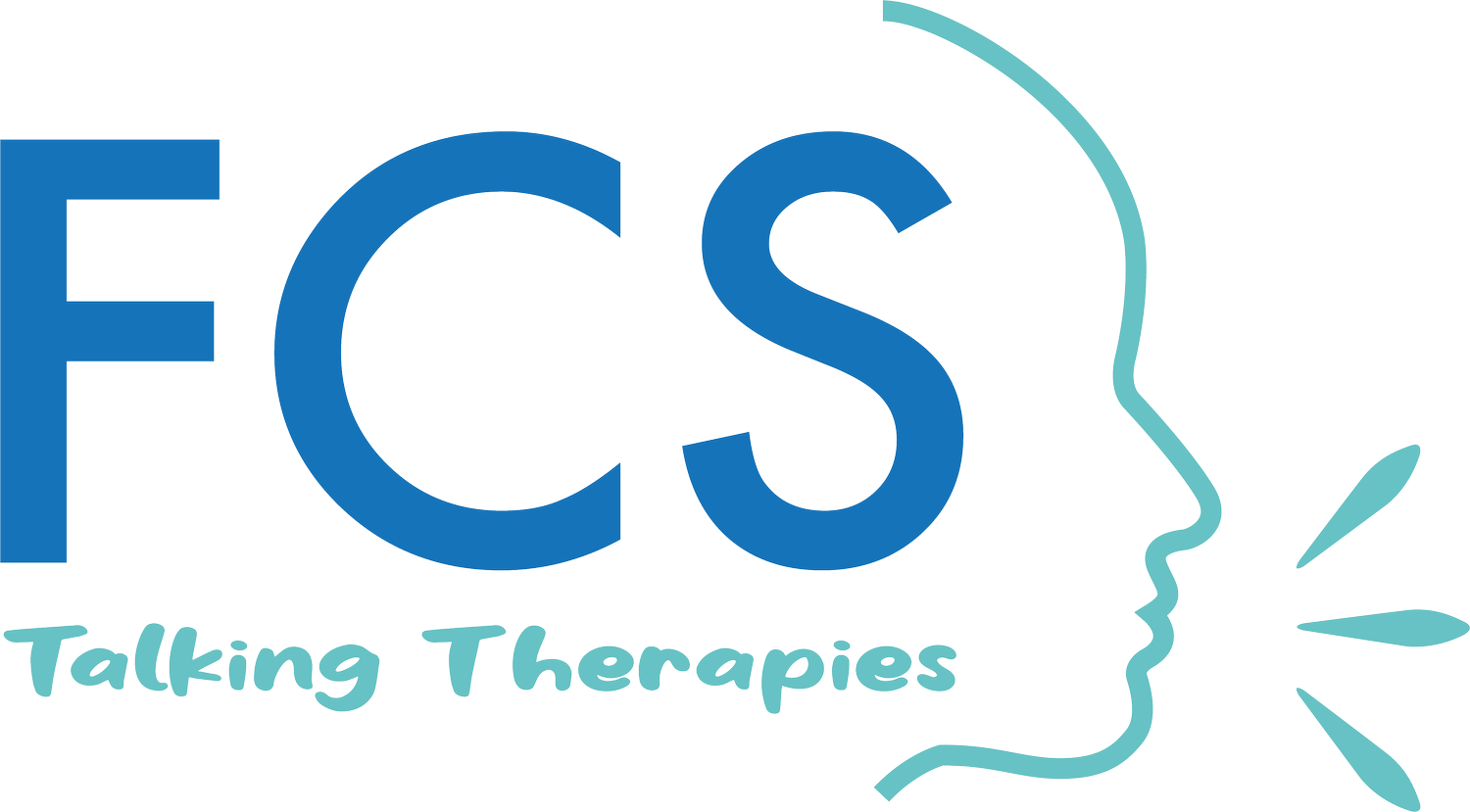NHS Free Talking Therapies
IAPT - Improving Access to Psychological Therapies.
This is a free NHS service providing evidence-based treatments over a short-term period.
If you are registered with a GP anywhere in Kent & Medway you can make use of our NHS IAPT Services.
You can self-refer for this service, or ask your GP to refer you.
Is this for me?
Our NHS service offers short term treatment with the aim of helping you achieve wellness. We want to help you understand how you can start to engage with a better work/life balance.
We are a short term, recovery-focused service providing NHS NICE approved evidence-based treatments. This means that we match the treatment to the difficulty that you are having based upon the best research evidence of you recovering/being well.
Talking therapies can be used as an alternative or in addition to prescribed medication, which your GP might provide for mild to moderate or moderate to severe mental wellbeing problems.
Our Services…..
Services are delivered using a stepped-care model, which works according to the principle that people should be offered the least intrusive intervention appropriate for their needs first.
Many people with mild to moderate depression or anxiety disorders are likely to benefit from a course of low-intensity treatment delivered by a psychological wellbeing practitioner (PWP).
Individuals who do not fully recover at this level should be stepped up to a course of high-intensity treatment.
If you are experiencing the following, we can help…
Click any of the titles for more information on each topic……
What our NHS service offers
When we’re low or upset, we often fall into patterns of thinking and responding which can worsen how we feel. CBT works to help us notice and change problematic thinking styles or behaviour patterns so we can feel better.
CBT is mainly concerned with how we think and act now, although sometimes our current difficulties are related to things which have happened in our past, and so these might also be part of what we talk about.
CBT is a collaborative therapy - it’s not something that is done to someone, it’s a way of working together with a CBT therapist on mutually agreed goals.
CBT therapy helps to provide support, techniques and strategies for the following difficulties:
· depression
· generalised anxiety disorder
· social anxiety disorder
· panic disorder
· agoraphobia
· obsessive-compulsive disorder (OCD)
· specific phobias (such as heights or small animals)
· PTSD
· health anxiety
· body dysmorphic disorder
For additional information click here
Dynamic Interpersonal Therapy (DIT)
DIT explores difficult past experiences, especially previous relationship difficulties, to understand how they may affect the way you feel ad behave in the present.
DIT helps you to explore unconscious patterns that can cause problems in relationships which in turn can be linked to depression.
You may not be fully aware of how you feel and behave in the present as it becomes second nature “the way things are” so by exploring these unconscious patterns we help you to understand yourself better and change the way you respond.
You may find that your therapist is more ‘silent’ than you are used to. At the start of each session your therapist greets you, but beyond this may not ask questions. Instead they wait to hear from you about what is on your mind. This isn’t because they’re unfriendly, but because they want you to have space to work out what is on your mind. This can take a while to get used to, but your therapist knows how hard it can be and helps if you find this difficult.
You may find that your therapist doesn’t always answer your questions directly. Sometimes they may be interested in what lies behind your questions.
When a person can deal with relationship problems more effectively, their psychological symptoms often improve.
EMDR (Eye Movement Desensitization and Reprocessing)
EMDR stands for Eye Movement Desensitization and Reprocessing Therapy. It is a therapy model that has been proven to be highly effective for those who have experienced trauma or PTSD.
EMDR therapy is founded on the basis that our emotional well-being is interwoven with our physical (somatic) state. Therefore, EMDR employs a body-based technique called bilateral simulation during which a therapist will guide a client through eye movements, tones, or taps in order to move a memory that has been incorrectly stored in the brain to a more functional part of the brain.
During trauma our brain processes and stores memories incorrectly. This incorrect storage can lead to past memories feeling very present.
Triggers, (such as a smell, sound, or sight) of the trauma in the present day can lead to clients reacting as they did at the time of trauma in the past. The brain feels if the past disturbing event is happening again now.
EMDR therapy corrects this mis-storage so that the painful memories associated with the trauma lose their impact. The client can then react to triggers in the present without the past interfering.
Couples Therapy for Depression (CTfD)
Couples' Therapy for Depression is for couples where one or both partners are experiencing relationship distress and depression. This therapy focusses on the relational aspects of depression and on factors that reduce stress and increase support within the couple, using the relationship as a resource for recovery and relapse prevention.
Together you will co-create goals for your therapy. Your therapist will then help you learn how to better deal with stress management, practise self-care and create new support networks and coping strategies.
Online Mindfulness
We offer a free place on the Be Mindful online Mindfulness Course for you to explore at your own pace with regular reviews from our staff.
The programme assists clients to take part in the following:
Engaging videos & interactive sessions led by expert mindfulness trainers
You can follow the course via a web browser on any device, including your smartphone
Explore how mindfulness can reduce stress, depression & anxiety
Enjoy many amazing mental health & well being benefits in your daily life
Mindfulness-based cognitive therapy (MBCT) uses mindfulness techniques to encourage you to view your thoughts and feelings with clarity, and then gives you cognitive therapy tools to manage them better. Our programme helps you to 'step out of automatic pilot', 'reconnect with your body and breath', 'work with difficulties' and' learning to be mindful in daily life'.
Psychological Wellbeing Practitioners (PWPs)
Psychological Wellbeing Practitioners (PWPs) will support you using a Guided Self-Help approach using Cognitive Behavioural Therapy (CBT) strategies. Guided Self Help is a low intensity, evidence based, first-step treatment option for depression, anxiety, phobias, panic, and sleep difficulties. You can work with your PWP on Zoom, the telephone or face-to-face, offering flexibility and convenience. This form of treatment is based on Cognitive Behavioural Therapy (CBT), helping you focus and achieve your goals by learning coping strategies, information and skills. Ultimately, this can help you identify links between how you think, what you feel and how you behave; empowering you to make more helpful choices to better manage your mental health.
PWPs will ensure that your sessions are tailored to your needs, offering a range of psychological interventions that target different difficulties (e.g. Worry Management, Behavioural Activation to increase motivation, identifying and challenging unhelpful thoughts etc.). Sessions are one-to-one and typically last 30-40 minutes in length, with the ability to access up to six sessions as maximum. Of course, we understand people can vary in the amount of sessions they require, so this is reviewed with your PWP at the end of your treatment course. At the end of each session, your PWP will work with you and agree on a goal to complete in between sessions – giving you a chance to practise what you have learned.
Your PWP will help you learn new techniques and coping strategies to improve how you’re feeling - guiding and motivating you towards specific goals. The techniques you will learn allow you to become your own therapist in managing your mood effectively and preventing future setbacks.






